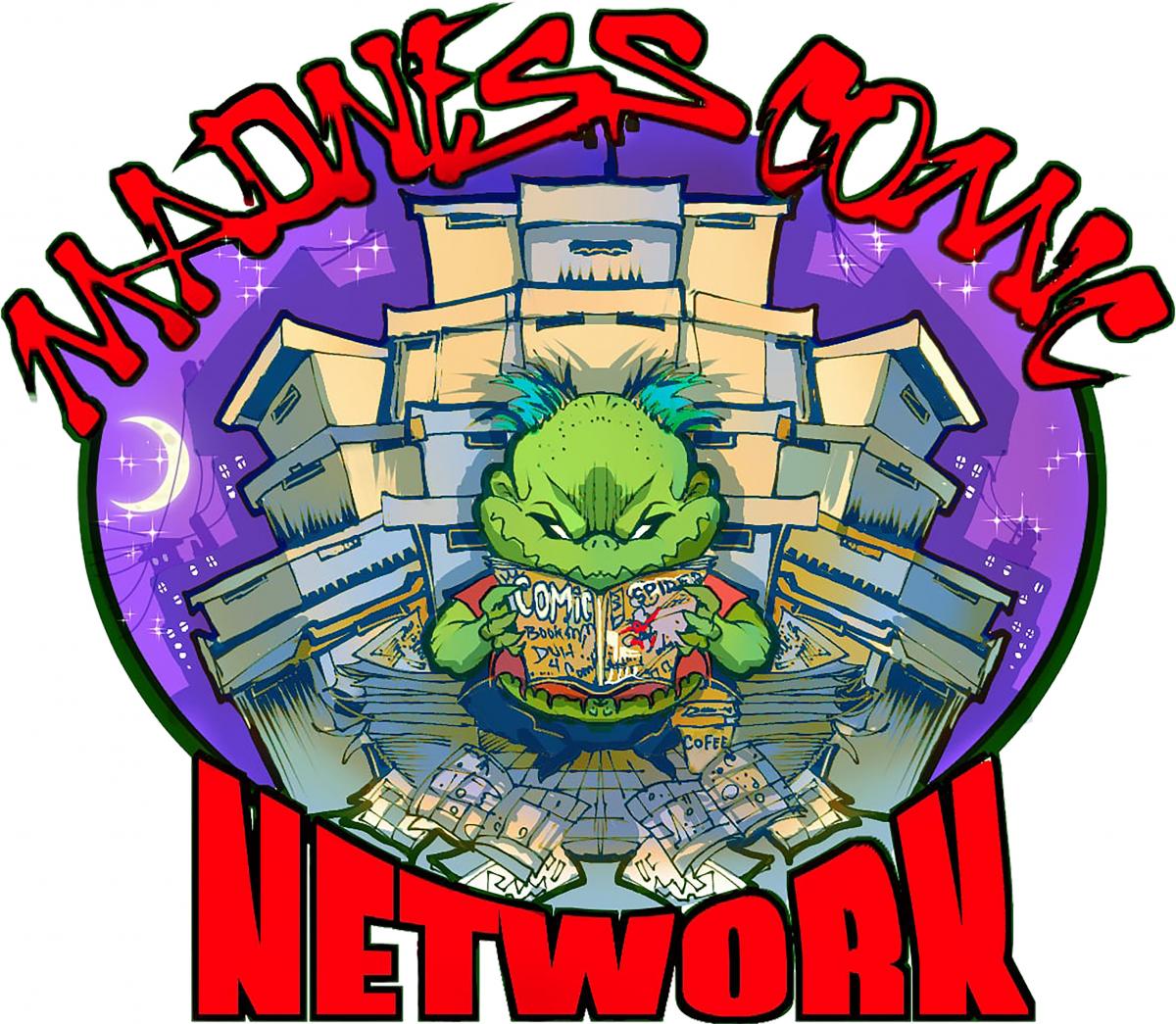You are here
Home › Games › Esports and mental Health: Navigating the Highs and Lows of Competitive Gaming ›Esports and mental Health: Navigating the Highs and Lows of Competitive Gaming
FTC Statement: Reviewers are frequently provided by the publisher/production company with a copy of the material being reviewed.The opinions published are solely those of the respective reviewers and may not reflect the opinions of CriticalBlast.com or its management.
As an Amazon Associate, we earn from qualifying purchases. (This is a legal requirement, as apparently some sites advertise for Amazon for free. Yes, that's sarcasm.)

Many amateur esports players dream of emulating their heroes and turning professional. They often ignore the warning signs of mental health issues amongst top professionals in the esports industry. It's an issue that is only just being seriously addressed in the medical field. The exciting high points of a competitive esports career are tempered by the lows that threaten the enjoyment of playing the game. Here is a brief investigation into the negatives and positives of esports.
Benefits of Playing Esports
Playing favorite combat games such as Valorant and League of Legends can be exciting, great fun, and even intellectually stimulating. There are complex strategies such as ambushes to figure, and fast reactions to master. Understanding the abilities of champions or agents in the game, and how to successfully control them, is an art form in itself. In addition, working with the other members of a team can help a player improve their social skills. There is also the opportunity to develop a balanced perspective of life such as accepting a crushing defeat with good humor. In many ways, playing esports is an ideal way to relax after a stressful day, but as ever, there is another side to the story.
Esports Mental Health Issues
For many esports professionals, the pressure of playing to the best of their abilities in tournaments can be emotionally exhausting. For instance, in the League of Legends World Championships 2022, Team DRX triumphed over EDG. DRX player, Kim "Deft" Hyuk-kyu couldn't avoid breaking down in tears during the post-match interview. It's an example of how the strain of relentless playing, and spending countless hours practising one move after another, can affect a gamer's mental health.
Negative Symptoms within Esports
Professional gamers may regularly suffer from disrupted sleep, stress, panic attacks, and depression. Many of them are only in their teens or early twenties. Yet instead of enjoying a long career in esports, many suffer total burnout well before they have completed a decade in the industry. Esports requires enormous concentration and mental agility, particularly when games are constantly played at a frantic pace. It's only by taking good care of their health that esports professionals can survive the pressures of continuous competitive play.
Good Health when Playing Esports
There are many ways gamers can look after their mental health. Taking care of physical health is essential. Professional gamers usually eat healthy meals of fruit, vegetables, and lean meat or fish for protein. Staying hydrated by regularly drinking water helps the brain to function at its best. Dedicated professionals usually exercise every day with stretching routines or running in the fresh air. It's an ideal method of keeping fit while relaxing the mind and body. Most importantly, take regular breaks from gaming. Check the 1337pro LEC schedule to see how many esports athletes are cultivating excellent mental health strategies.


